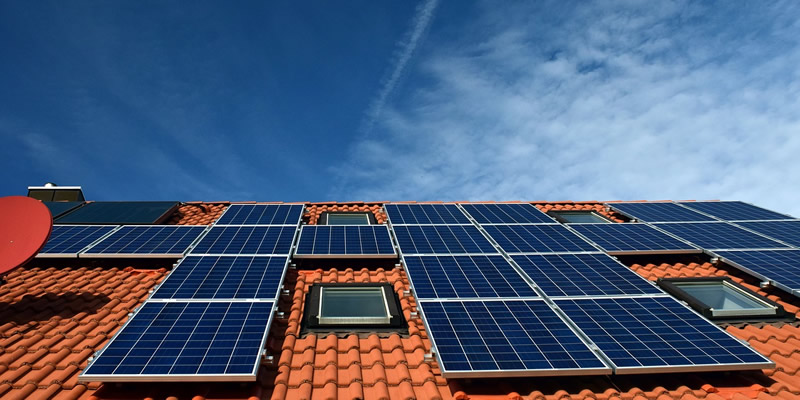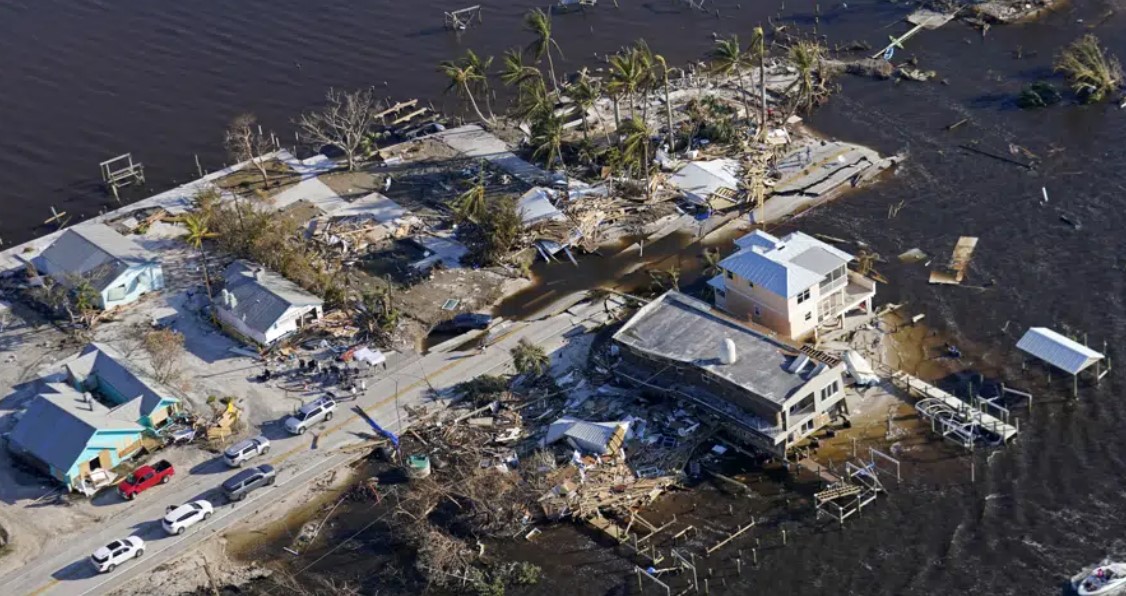Understanding Average Homeowners Insurance Cost: A Comprehensive Guide
June 8, 2024

Understanding Average Homeowners Insurance Cost: A Comprehensive Guide: When it comes to protecting your home and belongings, homeowners insurance is a must-have. It provides financial protection against damage caused by natural disasters, theft, fire, and other covered events. But how much does homeowners insurance actually cost? In this comprehensive guide, we’ll dive deep into the topic of average homeowners insurance cost, including factors that impact premiums and ways to save money.
What is Homeowners Insurance?
Homeowners insurance is a type of insurance that provides financial protection to homeowners against damage or loss caused by covered events. This insurance typically covers your home, other structures on your property, personal property, and liability. Homeowners insurance may also provide additional living expenses if your home becomes uninhabitable due to a covered event.
How Much Does Homeowners Insurance Cost on Average?
The cost of homeowners insurance varies depending on a variety of factors, including the location of your home, the age of your home, the value of your home and personal property, your credit score, your claims history, and more. According to the National Association of Insurance Commissioners, the average cost of homeowners insurance in the United States was $1,249 in 2018.
Factors That Affect Homeowners Insurance Cost
Several factors impact the cost of homeowners insurance. Let’s take a closer look at some of the most important factors:
Location of Your Home
The location of your home is a significant factor in determining the cost of homeowners insurance. If you live in an area prone to natural disasters such as hurricanes, earthquakes, or floods, you may have to pay higher premiums. Insurance companies also take crime rates and fire risks in the area into account when determining premiums.
Age and Condition of Your Home
The age and condition of your home also play a role in the cost of homeowners insurance. Newer homes may have better safety features and are less likely to have structural problems, which can lead to lower premiums. On the other hand, older homes may be more prone to damage and require higher premiums.
Value of Your Home and Personal Property
The value of your home and personal property is another significant factor that impacts homeowners insurance cost. The more valuable your home and belongings, the higher your premiums will be. Homeowners with expensive jewelry, art collections, or other valuable items may need additional coverage to protect their assets adequately.
Credit Score
Many insurance companies use credit scores as a factor in determining homeowners insurance premiums. People with better credit scores are considered less risky and may pay lower premiums than those with poor credit scores.
Claims History
Your claims history can impact your homeowners insurance cost. If you have a history of filing multiple claims, insurance companies may see you as a high-risk customer and charge higher premiums. On the other hand, if you have a clean claims history, you may be eligible for lower premiums.
Coverage Limits and Deductibles
The coverage limits and deductibles you choose can impact your homeowners insurance cost. Higher coverage limits and lower deductibles will result in higher premiums, while lower coverage limits and higher deductibles will lead to lower premiums.
Also Read: Why Did My Homeowners Insurance Go Up?
How to Save Money on Homeowners Insurance
While homeowners insurance is essential, there are several ways to save money on premiums. Here are some tips:
Shop Around
One of the best ways to save money on homeowners insurance is to shop around and compare quotes from different insurance companies. Make sure to compare coverage levels and deductibles, as well as the reputation of the insurance companies.
Bundle Policies
Many insurance companies offer discounts for bundling multiple policies, such as homeowners and auto insurance. Bundling policies can save you money and simplify your insurance payments.
Increase Deductibles
Increasing your deductibles can lower your premiums, but make sure you can afford to pay the higher deductible if you do need to file a claim.
Improve Home Security
Installing home security like Vivint which offers smoke detectors, burglar alarms, and other safety features in your home can lower your insurance premiums. Insurance companies see homes with improved security measures as less risky, which can lead to lower premiums.
Maintain Good Credit
Maintaining good credit can also lower your homeowners insurance premiums. Pay your bills on time and avoid carrying high balances on your credit cards.
Avoid Making Small Claims
Making small claims can raise your homeowners insurance premiums. Consider paying for minor repairs out of pocket instead of filing a claim.
FAQs
Q: What does homeowners insurance cover?
A: Homeowners insurance typically covers your home, other structures on your property, personal property, and liability. It may also provide additional living expenses if your home becomes uninhabitable due to a covered event.
Q: How much does homeowners insurance cost on average?
A: The average cost of homeowners insurance in the United States was $1,249 in 2018, but the cost varies depending on several factors.
Q: Can I save money on homeowners insurance?
A: Yes, there are several ways to save money on homeowners insurance, including shopping around, bundling policies, increasing deductibles, and maintaining good credit.
Q: Does my credit score impact my homeowners insurance cost?
A: Yes, many insurance companies use credit scores as a factor in determining homeowners insurance premiums.
Q: What should I do if I need to file a claim?
A: If you need to file a claim, contact your insurance company as soon as possible and provide as much information as possible about the incident.
Conclusion
Homeowners insurance is an essential part of protecting your home and assets, but it’s important to understand the factors that impact the cost of insurance. By knowing what factors affect premiums and taking steps to save money, you can ensure you’re getting the best value for your money. Remember to shop around, bundle policies, and maintain good credit to keep your premiums as low as possible.
Get coverage built to protect your home.
Related Articles:





